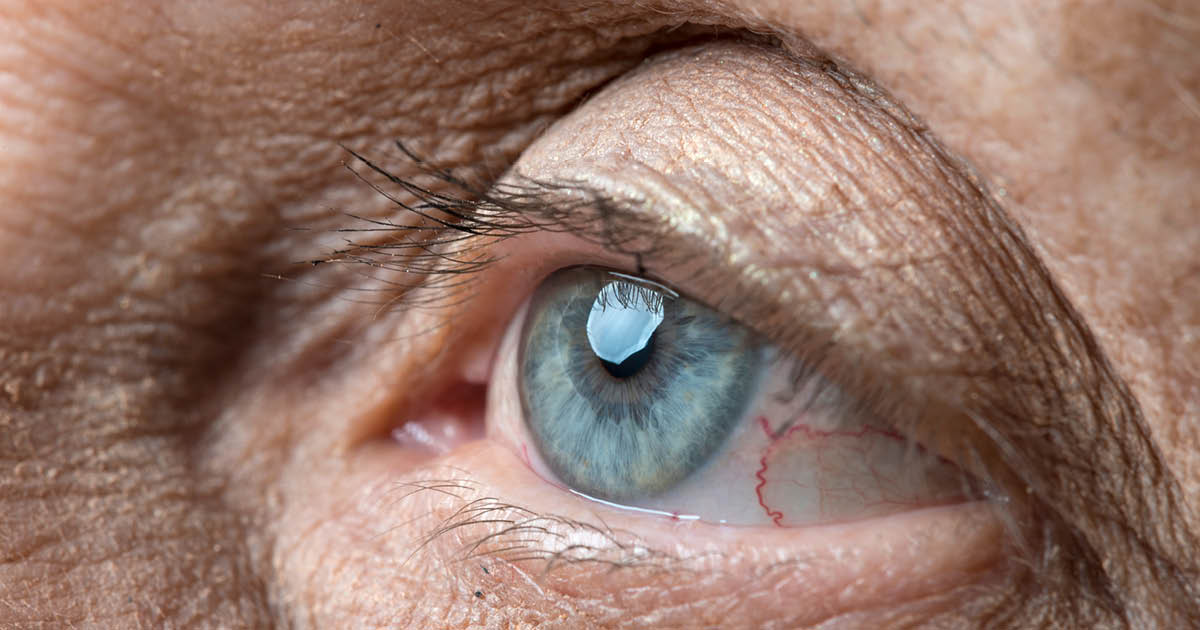September 05, 2025
4 min read
Key takeaways:
- Democrats and Republicans sharply questioned Kennedy for actions taken by HHS.
- Susan Monarez, MD, wrote in an editorial that she was fired as CDC director for refusing requests made by Kennedy.
Senators from both parties grilled HHS Secretary Robert F. Kennedy Jr. this week on changes to vaccines recommendations, the CDC’s vaccine advisory panel and HHS priorities, including funding for rural hospitals.
Kennedy was confirmed in February to lead the department despite concerns raised by Democrats and Republicans about his history of pushing scientifically disproven claims about vaccines.

HHS Secretary Robert F. Kennedy Jr. was grilled by senators from both parties about his first 6 months on the job during a Senate Finance Committee hearing on Thursday. Image: senate.gov
Since his confirmation, despite assurances to Senators that he would follow science and that the availability of vaccines would not be threatened, Kennedy’s HHS has restricted access to COVID-19 vaccines, ended research into most uses of messenger RNA technology for vaccines, replaced all members of the CDC’s vaccine advisory committee, removed thimerosal from influenza vaccines and is planning to reexamine a host of other childhood vaccines considered safe and effective.
Susan Monarez, PhD, was fired as CDC director on Aug. 27, just weeks after becoming the first person confirmed to the position by the Senate, which was a topic of the hearing. Monarez said this week that she was dismissed for refusing to fire senior leaders at the agency or sign off on vaccine recommendations before a CDC committee actually voted on them.
During Thursday’s Senate Committee on Finance hearing, which devolved into shouting and insults at times, senators from both parties expressed concern about Kennedy’s decisions and the potential danger they pose to patients. They accused Kennedy of lying during his confirmation hearing, and several Democrats called for him to be fired.
Key moments
- In opening remarks, committee chairman Sen. Mike Crapo (R-Idaho) said he expected “a spirited debate” on the Trump administration’s health care plans for 2026. However, Sen. Ron Wyden (D-Ore.), a ranking member on the committee, described what he called a “health care calamity” at the nation’s federal health agencies that has made it harder to obtain care while elevating “conspiracy theorists, crackpots and grifters to make life or death decisions about Americans’ health care.”
- Kennedy said he had studied conflicts of interest among previous members of the CDC’s Advisory Committee on Immunization Practices (ACIP) and reconstituted it with “medical doctors and public health experts committed to gold standard science.” Nearly every senator on the finance committee, however, pointed out that of the seven current members on the ACIP, only one is an infectious diseases specialist and most have endorsed or pushed anti-vaccine sentiments. An eighth member resigned from the committee before its meeting in June over conflicts of interest.
- Sen. Bill Cassidy (R-La.), a medical doctor, said Kennedy contradicted himself during the hearing by agreeing that President Donald Trump should receive a Nobel Peace Prize for the development of COVID-19 vaccines during his first term but also doubting the safety and effectiveness of the vaccines, which HHS has limited access to. When asked if it was appropriate for members of the ACIP to have previously been paid to participate in vaccine-related lawsuits, Kennedy said it was not objectionable.
- Monarez on Thursday published an editorial in The Wall Street Journal that described an Aug. 25 meeting in which she said Kennedy pressured her to resign if she refused to preapprove ACIP recommendations before they had been “rigorously or scientifically reviewed,” which followed pressure for her to fire top officials at the agency. When she refused, the Trump administration fired her.
- During questioning by Sen. Elizabeth Warren (D-Mass.), Kennedy acknowledged that he asked her to fire senior CDC staff but said that Monarez was lying about pressure to “rubber stamp” recommendations. Instead, he said that he wanted “clarification” on whether she would sign off on recommendations with which she did not agree.
- Kennedy also said that, in the Aug. 25 meeting, after he asked Monarez if she was “trustworthy,” she said “no,” and so he fired her.
- During questioning by Sen. Mark Warner (D-Va.), Kennedy said he did not know how many people had died during the COVID-19 pandemic, at least partially because government data had been based on modeling studies and are “unreliable.” He also questioned how many people had died “from COVID-19,” as opposed to people who died “with COVID-19.”
- Sen. Raphael Warnock (D-Ga.), told Kennedy that “clearly, you have an agenda and it is a threat to the American people. … I think you should be fired.”
What’s next?
The ACIP is scheduled to meet on Sept. 18 and 19 to review data and potentially update recommendations on hepatitis B and measles, mumps, rubella and varicella (MMRV) vaccines, as well as make recommendations for this fall’s COVID-19 vaccines.
Diagnosis
Amesh A. Adalja, MD, senior scholar at the Johns Hopkins Center for Health Security, said Kennedy “repeatedly dodged questions or simply lied” about the actions he has taken since his confirmation as HHS secretary.
“He could not account for how his decisions have reduced availability of COVID-19 vaccines, a pattern that may foreshadow similar attacks on other vaccines,” Adalja told Healio. “His attempt to brand former CDC Director Monarez as untrustworthy was especially ironic, given his own track record of false statements about his intended vaccine policy during his confirmation hearing.”
Adalja said Kennedy’s attempt to praise Operation Warp Speed for its historically fast development of the COVID-19 vaccines while simultaneously undermining mRNA vaccine research was “almost certainly for political expediency.”
“In the end, the hearing was exactly what one would expect from a dishonest anti-vaccine advocate misusing the political power he has unfortunately been granted,” he said.
References:
For more information:
Amesh A. Adalja, MD, can be contacted at infectiousdisease@healio.com.










